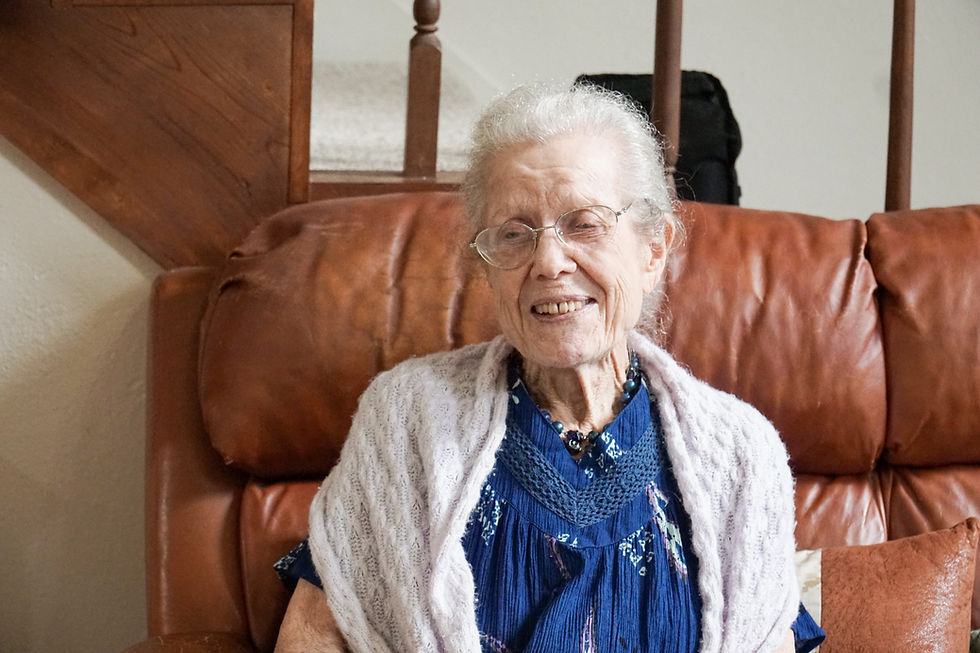Home, Community, or Facility? Choosing the Right Living Arrangement for Older Adults
- Lauren Fallat, LPC LPAT ATR-BC

- Jul 17, 2025
- 2 min read

Choosing the Right Living Arrangement
Selecting the right living arrangement for an aging loved one is a complex decision involving physical, emotional, and financial factors. With a range of options—from aging in place to community-based living to long-term care facilities—families often feel overwhelmed by the choices. This post explores the key considerations in choosing the best fit and how to approach the decision with empathy and collaboration.
Assessing Individual Needs
The first step is assessing the individual’s needs. Considerations include physical health, cognitive status, mobility, social needs, personal preferences, and the availability of informal caregiving support. A thorough evaluation by a medical professional or care manager can clarify what level of care is appropriate.
When Aging in Place Works—and When It Doesn’t
Aging in place works best for individuals with mild impairments and access to support services. For those who are socially isolated, require daily assistance, or have progressing health conditions, a move to a more supportive environment may be advisable. It's important to weigh safety alongside the desire for independence.
Understanding Assisted Living and Skilled Nursing Options
Assisted living communities provide a balance between independence and care. They are ideal for individuals who need help with daily tasks but do not require intensive medical support. Nursing homes or skilled nursing facilities are better suited for individuals with complex medical needs or advanced cognitive decline.
Specialized Memory Care
Memory care units offer specialized support for those with Alzheimer’s or other forms of dementia. These environments are structured for safety, routine, and sensory engagement, reducing the risk of wandering or disorientation.
Financial Planning and Resources
Financial planning plays a significant role. Understanding the costs, insurance coverage, and available benefits (such as Medicaid or veteran’s services) can guide realistic decisions. A financial advisor or elder law attorney can help families navigate this terrain.
Honoring Emotional and Cultural Needs
It is also essential to consider emotional and cultural factors. Some older adults may feel more comfortable in environments that reflect their cultural background or community values. Finding a space where they feel understood and respected can greatly enhance their quality of life.
Involving the Older Adult in the Process
Involving the older adult in discussions whenever possible fosters autonomy and eases resistance. Listen to their fears, hopes, and preferences. Even when safety necessitates a move, respecting their voice affirms their dignity.
Finding the Right Balance
There is no one-size-fits-all solution. The best living arrangement is the one that balances safety, health, emotional well-being, and personal identity. With compassion and thoughtful planning, families can find a path that honors their loved one’s needs and wishes.
To Schedule an Appointment for Counseling or Art Therapy
To Schedule an appointment, please click here.
To learn more about Holistic Health Counseling Center, please visit our website at www.hhccnj.com
To learn more about Art Therapy, please visit our Art Therapy website at: https://www.arttherapynj.com/
If you or someone you know is suffering with Tinnitus, please visit our website for more information about how we can help at:


